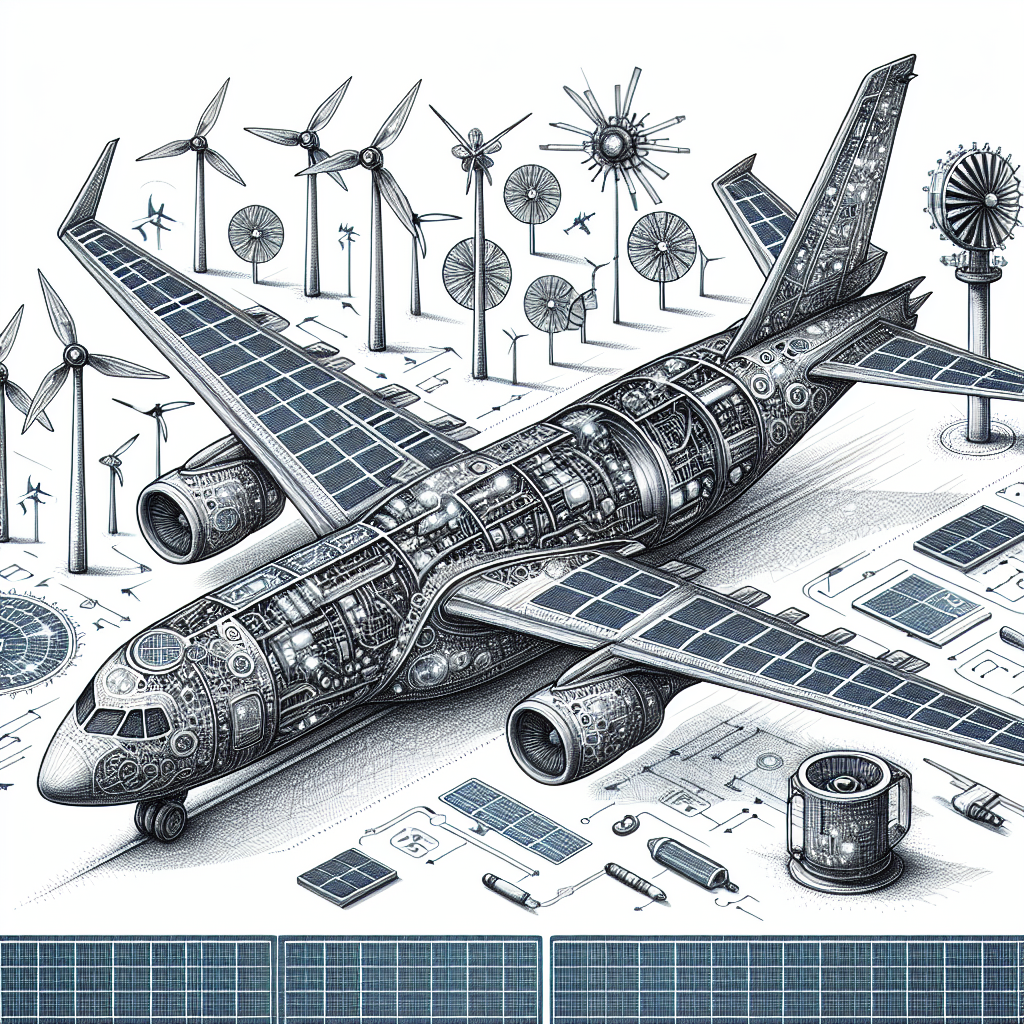In a world increasingly alert to environmental concerns, we embark on a journey exploring how the booming global travel industry is facing unprecedented transformation. This narrative unravels at the intersection of human interest and rigorous scientific discovery.
Research has consistently asked: ‘What are the environmental implications of modern tourism?’ We approached this query with an investigative lens examining key sectors within the travel industry using quantitative and qualitative methodologies.
The findings were alarming in scale but also galvanizing. Air travel was identified as one of significant contributors to greenhouse gases – but paled in comparison with cruise ship emissions when factoring individual footprints per mile travelled. Hotel chains’ plastic waste too shocked researchers on closer inspection.

These revelations hold profound significance for our understanding of climate change impacts by tourism. They shed new light on parts of our economy that have long evaded careful examination – painting a picture both bleak with historical negligence and hopeful for potential innovation towards sustainability.
Practical applications are vast; from designing eco-friendly aircrafts and cruises to optimizing supply-chains for hotels eliminating plastic waste entirely – sparking revolutionary transformations within these industries forced to adapt rapidly.
The scientific community had mixed responses; while some saw hope in these radical changes others cautioned against seeing them as final solutions rather than small steps in a larger journey towards complete environmental responsibility.
Future research is pivotal
<3>We need greater exploration into sustainable alternatives and efficient systems replace outdated ones without causing socioeconomic disruptions or intensifying social inequalities.<4/><5/>As we chart a course forward, we must contemplate societal impacts; both immediate effects on employment and economy but also indirect ones shaping our relationship with nature.
Ethical considerations are paramount. How do we manage the transition in such a way that jobs aren’t lost or local economies devastated? How can governments, corporations and consumers contribute to an equitable and environmentally-conscious future?
The trail of evidence leads to
<3/>a profound need for comprehensive legislation governing travel industry’s environmental footprint. Our next steps must integrate scientific insights with policy making and public awareness – shaping tourism’s future into one compatible with our planet.

